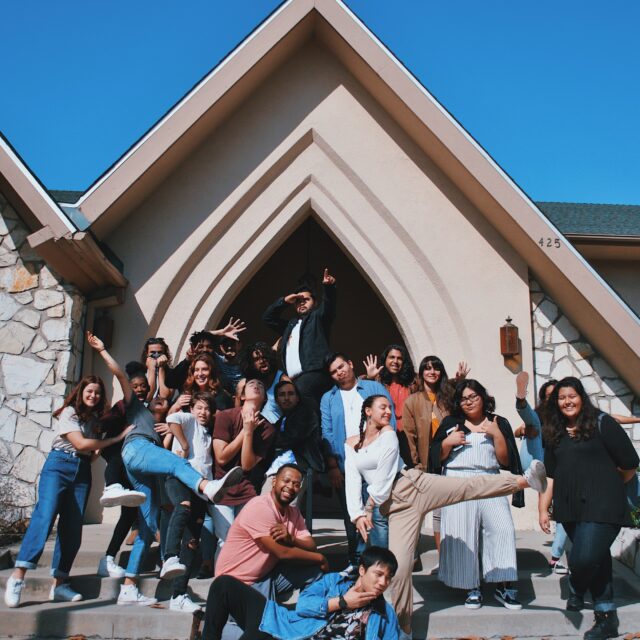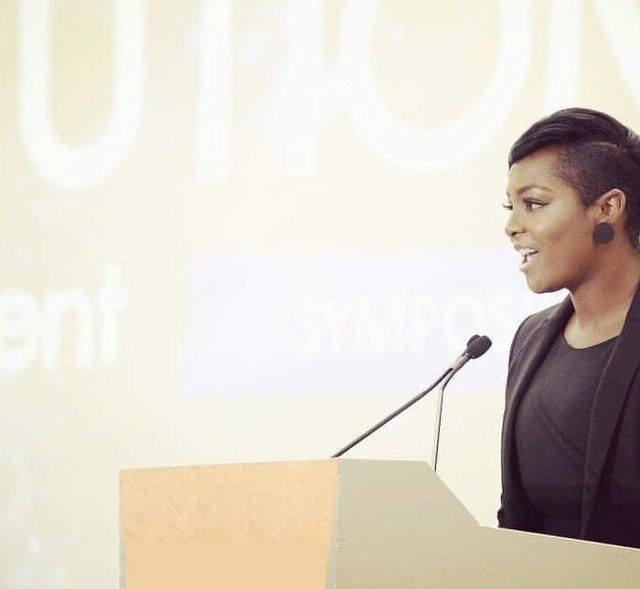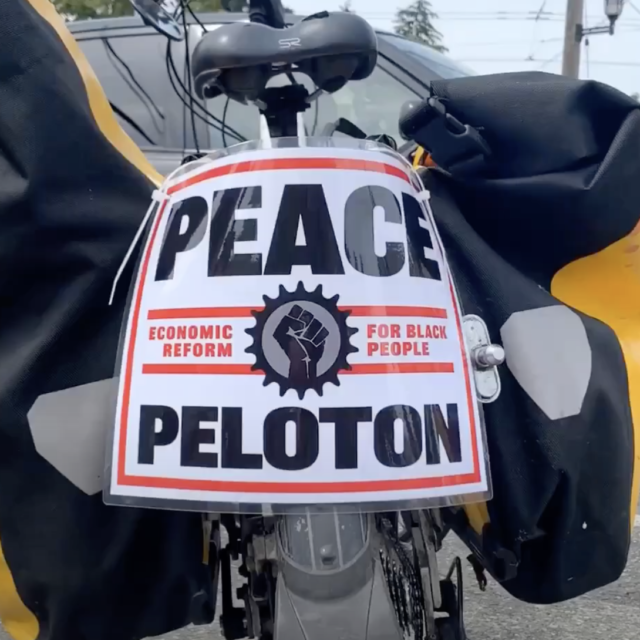More Than Just A Care Package — Providing Support In A Pandemic
by Farrah Daniel, Better Bike Share Partnership Writer
November 12, 2020
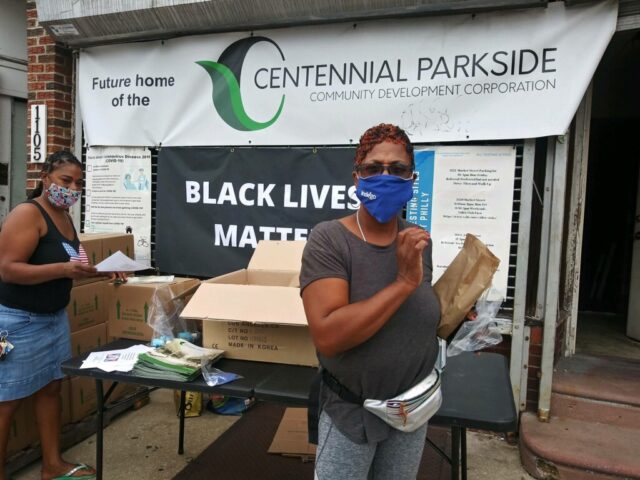 Courtesy of Indego
Courtesy of Indego
During the onset of COVID-19 in Philadelphia, the teams across Indego Bike Share, Bicycle Transit System and the Bicycle Coalition of Greater Philadelphia came together through a number of initiatives to ensure riders could access bike share in a city faced with lockdowns and transportation closures.
For instance, during the first month of quarantine, Indego ran a month-long bike share promo, which resulted in a significant increase in ridership. In May, BBSP awarded 13 non-profit organizations in Philadelphia with mini-grants to support operations and/or programming costs related to COVID-19 relief efforts. Then, in August, Indego began to distribute community care packages, which included critical items like helmets, hand sanitizer, face masks and safe riding brochures.
Plus, recipients also received a discount voucher so they can still access free rides if they missed previous opportunities to do so. “We wanted communities that had transit barriers to know that Indego is still operating and to provide them with the resources to get started and ride safely,” says Indego’s Community Coordinator Stephanie Ridgeway during an interview with BBSP.
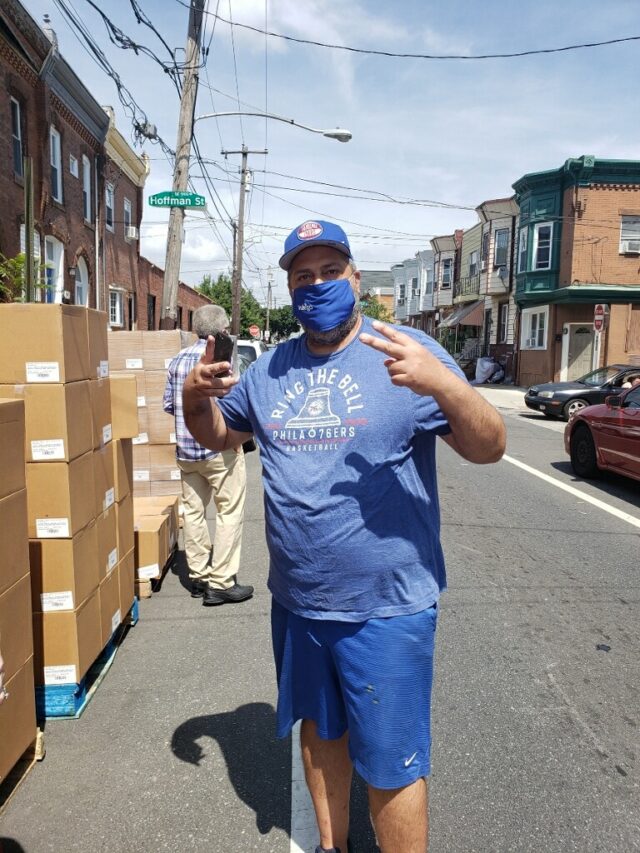 Courtesy of Indego
Courtesy of Indego
Marketing and outreach coordinator for Indego and Bicycle Transit Systems Riley Titlebaum says what was needed the most was food. Since Indego was one of the few systems across transit that never shut down throughout COVID-19, it was most important to the team to provide people what they needed however they could. After all, they had access to more organizations and community groups to connect residents to resources.
As part of the mini grant BBSP provided Philly organizations, some of their COVID-19 relief efforts included free food distribution — but when the city tightened restrictions around social distancing and mobility within the city, that made it difficult for mini grant recipients to come face-to-face with community residents to provide their form of aid.
To skirt past this issue, Titlebaum and Ridgeway explain that they decided to play the role of the middle man and identified which groups had the infrastructure to provide assistance to the community.
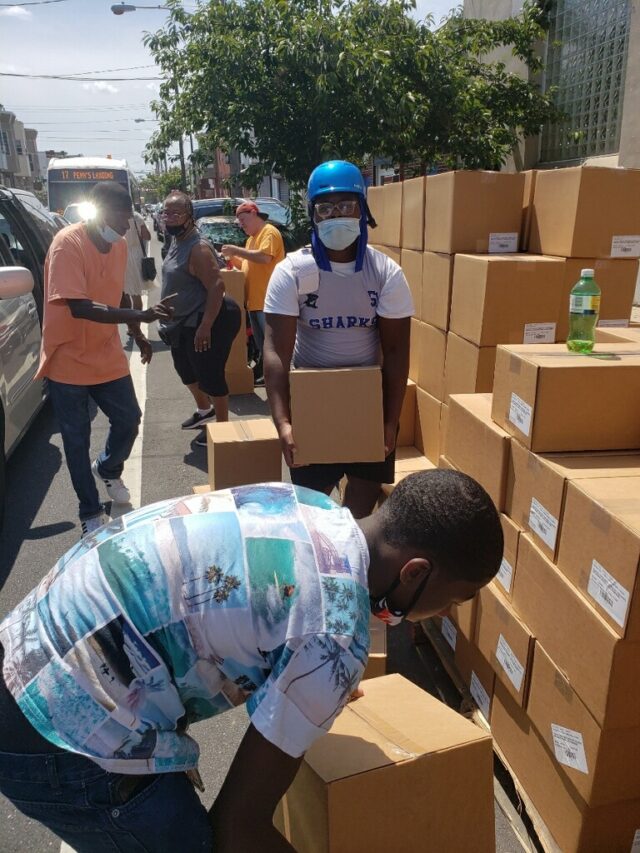 Courtesy of Indego
Courtesy of Indego
An important part of this process was ensuring they didn’t add more to the workload of these organizations who were already launching COVID-19 relief efforts of their own. To minimize extra work on behalf of their partners, Ridgeway and Titlebaum said all the helmets they provided were properly organized with specific sizes of helmet neatly included in each box, the brochures and vouchers were cleanly stapled to avoid any issues within the care packages.
According to Ridgeway, Indego is simply part of the volunteer network system that helped Philly communities thrive during an unprecedented event.
Titlebaum and Ridgeway began the process of creating community care packages at the beginning stages of nationwide quarantine orders. Then, in late July and early August, the phase of distributing the items commenced.
Between ordering, coordinating and choosing which organizations to distribute the material, it took the Indego team a few months to see it through — but when they did, the community and partner response was overwhelmingly positive. In the end, they worked with five organizations to distribute care packages.
Each one received 100 face masks, 70 helmets, 10 hand sanitizers and a ton of promo codes. Additionally, Ridgeway reports that they started out with 25 families and ended up with 250 families.
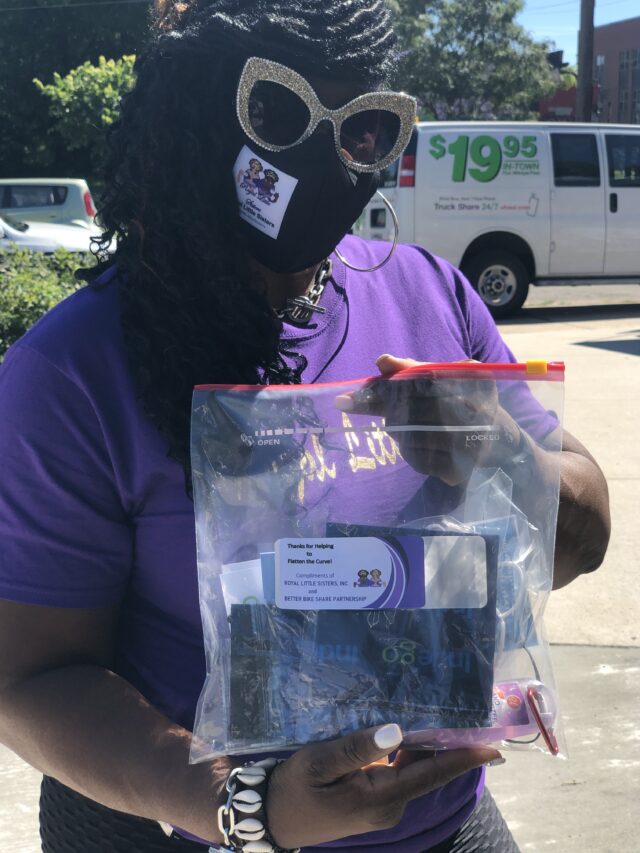
“It’s more than just a care package. It’s an opportunity to ask where people are and see what they need,” says Titlebaum. Even with a closed warehouse and only two people making care package deliveries to limit the risk of infection, the Indego team remained dedicated to their mission to provide support to community residents.
With a team of four people, Titlebaum says they arranged all the care packages while Ridgeway handled the deliveries. As a team, they came together to figure out how to ensure everyone’s safety without compromising the project.
Moving forward, Titlebaum and Ridgeway are evaluating the turnaround time as well as if it makes sense to continue this initiative in the winter or wait until next Spring.
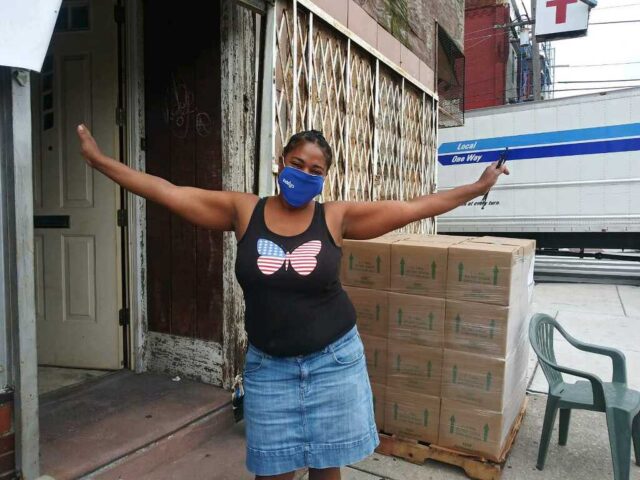
Community care packages went a long way in Philadelphia! Let us know on Facebook, Twitter and Instagram how your city supported its residents, or share ideas of what you think would’ve been a big help in your community.

